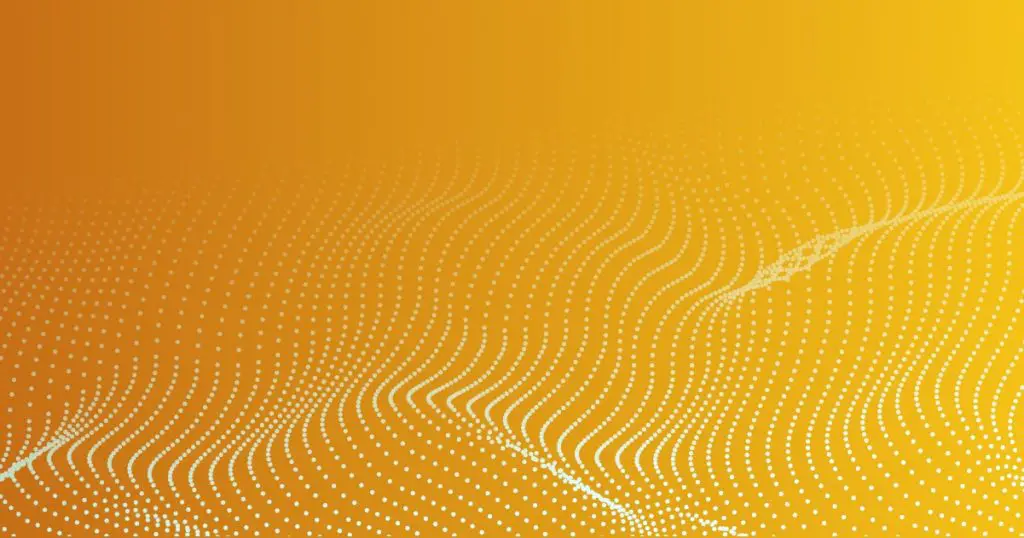Imagine you’re a researcher, knee-deep in the world of artificial intelligence and natural language processing (NLP).
You’re constantly dealing with AI models, and one question keeps popping up:
Is Zero GPT Accurate?……
This question isn’t just a passing curiosity. It’s a crucial factor that could determine the reliability and effectiveness of your work.
A Closer Look at ZeroGPT’s Accuracy
OpenAI, the organization behind ZeroGPT, proudly claims an accuracy rate of more than 98%. They’re not resting on their laurels, though. They’re striving to reduce the error rate to less than 1%, showing their commitment to enhancing ZeroGPT’s accuracy.
But not everyone is singing the same tune. A Reddit user, for instance, shared a different experience. They claimed that ZeroGPT flagged their own paragraph as AI-generated, even though they wrote it themselves. This anecdote raises questions about ZeroGPT’s accuracy and highlights the challenges of achieving complete accuracy in AI detection.
Two independent tests conducted by Futurism and Nerdschalk also revealed interesting results. Futurism found that while ZeroGPT could accurately identify whether a text was written by ChatGPT or a human, it falsely accused nearly 20% of students of academic misconduct. Nerdschalk, on the other hand, found that ZeroGPT consistently determined texts generated by ChatGPT with high accuracy but struggled when checking texts written by humans.
Claims and Counterclaims
ZeroGPT’s website touts it as the most accurate AI detector across various use-cases, a claim verified by multiple independent sources. However, another AI content detection tool, Originality.AI, claims to have higher accuracy rates than ZeroGPT in detecting content generated from various AI models, including GPT-3/3.5, GPT-2, and GPT-4. This highlights the presence of alternative AI detection tools that may offer different levels of accuracy and reliability.
Potential Use Cases for ZeroGPT
ZeroGPT isn’t just about detecting AI-generated content. It has various potential use cases, including plagiarism detection, content creation, education, research, and journalism. For instance, educators can employ ZeroGPT to verify the originality of students’ work, distinguishing between human-authored content and AI-generated material. Similarly, journalists can use ZeroGPT to verify the originality of news articles, ensuring they are authored by humans and not generated by AI.
Comparing ZeroGPT with Other AI Detection Tools
To better understand ZeroGPT’s accuracy, it’s helpful to compare it with other AI detection tools. SourceForge considers ZeroGPT the most accurate and reliable tool for detecting AI-written content, such as ChatGPT generated content. Beebom, however, states that while ZeroGPT may not be as nuanced as some other AI plagiarism checkers, it still proves to be a capable tool for quick and easy word detection.
Conclusion
Determining the accuracy of ZeroGPT can be challenging, as various sources provide conflicting viewpoints. While OpenAI claims an accuracy rate of over 98%, anecdotal evidence and independent testing have raised concerns about false positives and difficulties in distinguishing between AI-generated and human-authored content.
As AI detection tools continue to evolve, it’s important for researchers, developers, and users to critically evaluate their accuracy and reliability. Ongoing improvements and advancements in AI technology are expected to enhance the accuracy of tools like ZeroGPT, making them more reliable for detecting AI-generated content. However, it’s always advisable to use multiple verification methods and exercise caution when relying solely on AI detection tools for content assessment.
In the end, the question “Is Zero GPT Accurate?” doesn’t have a straightforward answer. It’s a complex issue that requires a nuanced understanding of AI and a critical evaluation of the tools we use. But one thing is clear: as we continue to explore the world of AI, the quest for accuracy will remain at the forefront of our journey.




